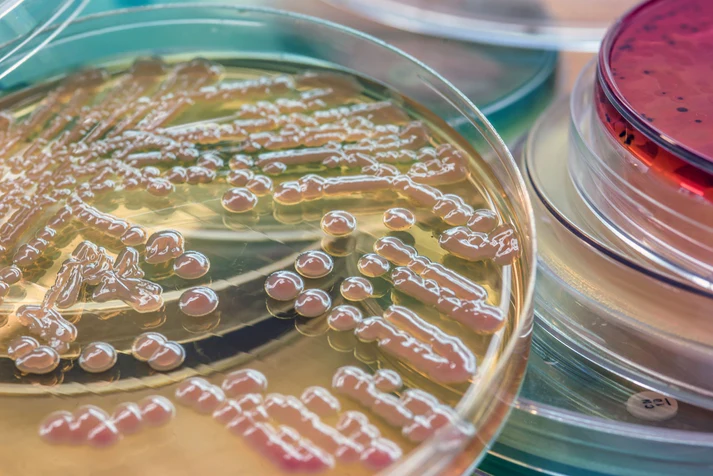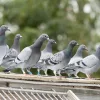
Adenovirus in Racing Pigeons
Adenovirus in Racing Pigeons: Understanding, Preventing, and Managing This Viral Threat
Adenovirus poses a significant health risk to racing pigeons, particularly young birds. Understanding this virus is crucial for maintaining a healthy loft and ensuring peak performance during racing seasons.
What Is Adenovirus?
Adenovirus is a contagious viral infection affecting pigeons, with two primary types:
-
Type 1 (PiAd-1): Commonly affects young pigeons, leading to symptoms like vomiting and diarrhea.
-
Type 2 (PiAd-2): More severe, often impacting older pigeons, causing rapid liver damage and sudden death within 24–48 hours.
The virus compromises the immune system, making pigeons susceptible to secondary infections such as E. coli and trichomoniasis.
Causes and Transmission
Adenovirus spreads through:
-
Fecal-oral route: Contaminated feed and water.
-
Direct contact: Between infected and healthy birds.
-
Environmental exposure: Contaminated loft surfaces and equipment.
Stress factors like overcrowding, poor nutrition, and transportation can exacerbate the spread and severity of the infection.
Recognizing Symptoms
Early detection is vital. Watch for:
-
Type 1 Symptoms:
-
Vomiting
-
Green, slimy diarrhea
-
Lethargy and loss of appetite
-
Rapid weight loss
-
-
Type 2 Symptoms:
-
Sudden death with minimal warning
-
Yellow, watery diarrhea
-
Vomiting
-
Note: Type 2 can be particularly devastating, with pigeons dying within 24 hours of symptom onset.
Diagnosis
Definitive diagnosis requires veterinary testing, including:
-
PCR tests: To detect viral DNA.
-
Necropsy: Post-mortem examination revealing liver necrosis.
Consult an avian veterinarian if adenovirus is suspected.
Treatment and Management
Currently, there’s no direct cure for adenovirus. Management focuses on:
-
Supportive care:
-
Hydration with electrolytes.
-
Probiotics to restore gut flora.
-
Immune-boosting supplements.
-
-
Addressing secondary infections:
-
Antibiotics for bacterial co-infections (consult a vet).
-
Antiprotozoal medications for trichomoniasis.
-
-
Isolation:
-
Separate infected birds to prevent spread.
-
Prevention Strategies
Preventing adenovirus involves:
-
Hygiene:
-
Regular cleaning and disinfection of lofts and equipment.
-
-
Nutrition:
-
Balanced diets rich in vitamins and minerals.
-
-
-
Quarantine new birds for at least 2–4 weeks.
-
Limit exposure to wild birds and other lofts.
-
-
Stress reduction:
-
Avoid overcrowding and sudden environmental changes.
-
Impact on Racing Performance
Adenovirus can severely affect racing performance by:
-
Reducing stamina and speed.
-
Increasing recovery times post-race.
-
Causing long-term health issues that hinder training.
Maintaining a healthy flock is essential for competitive success.
Conclusion
Adenovirus is a serious threat to racing pigeons, but with vigilant care, proper hygiene, and proactive management, its impact can be minimized. Stay informed, consult with avian veterinarians, and implement strict biosecurity measures to protect your flock and ensure peak racing performance.

